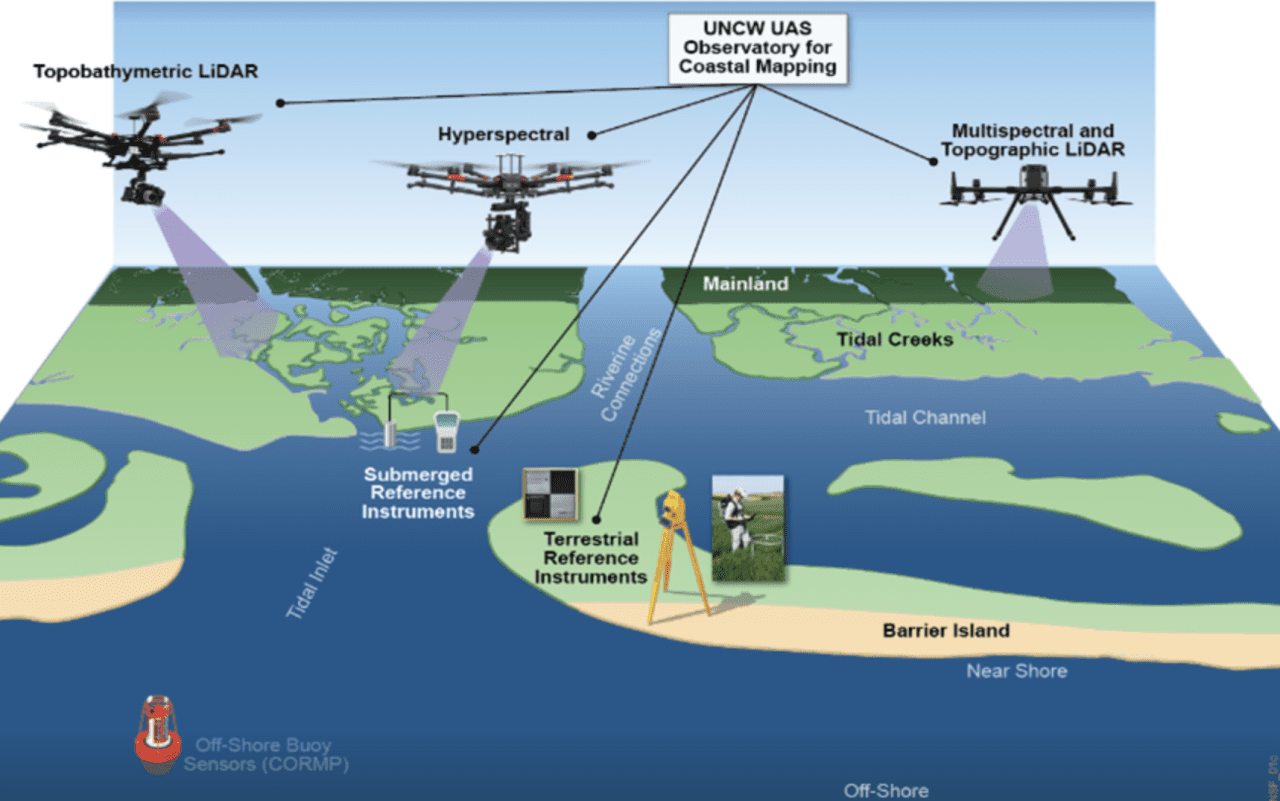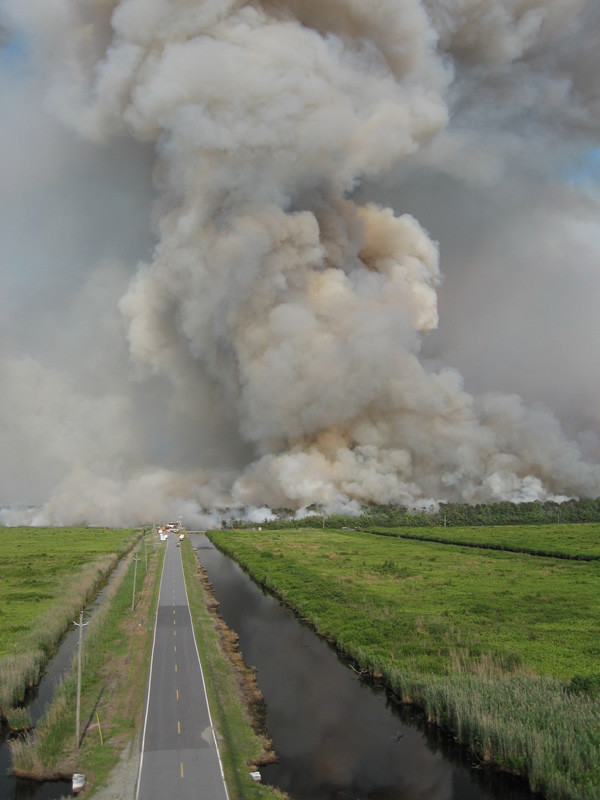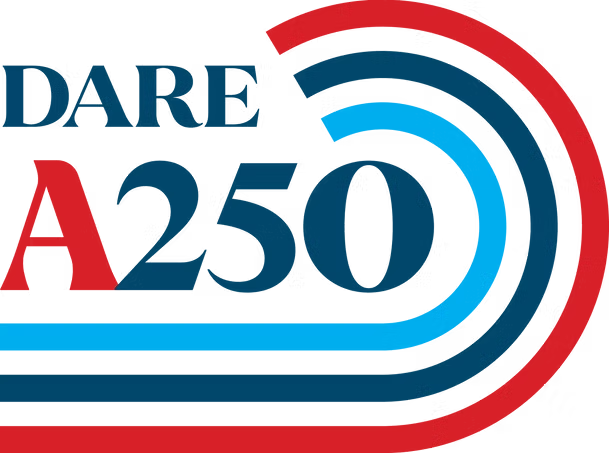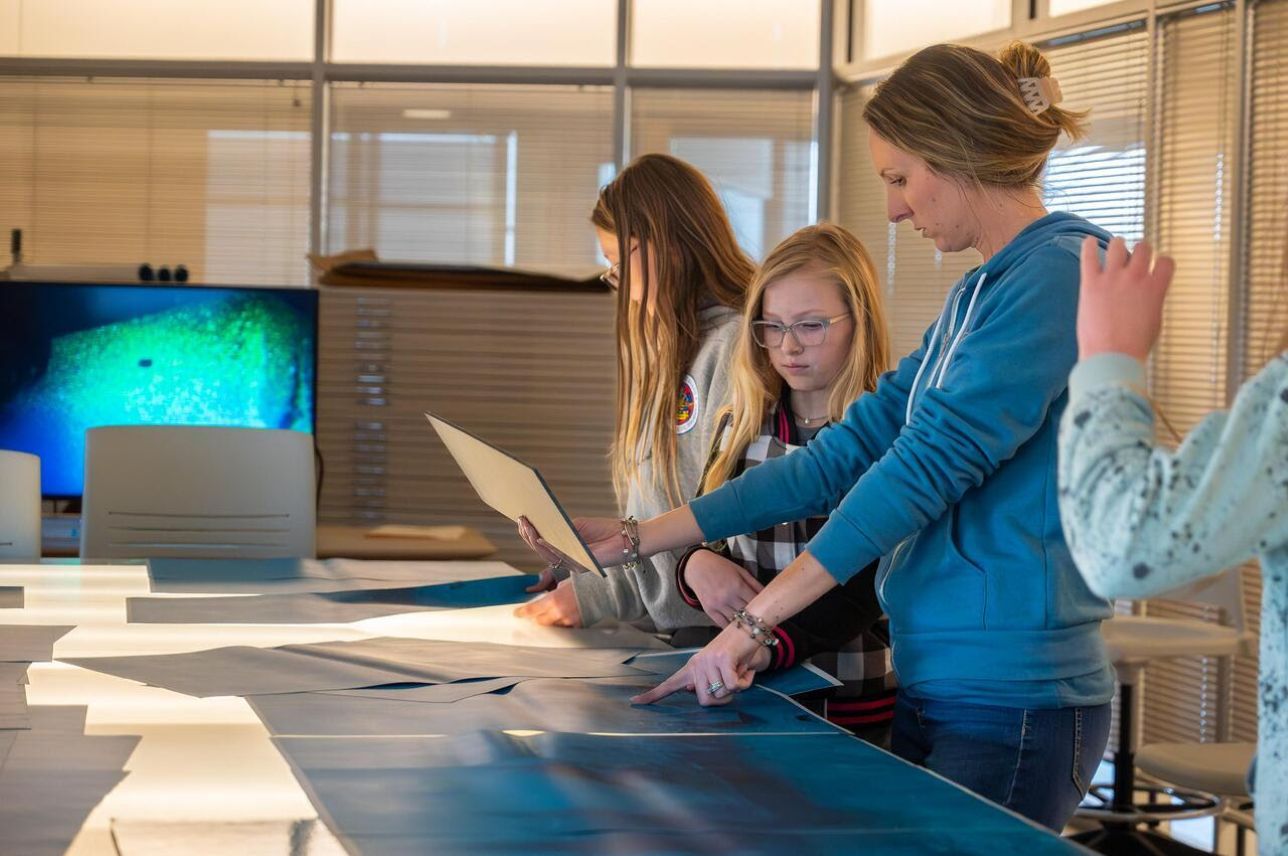
Researchers at the University of North Carolina Wilmington will soon be able to study the coastline from the sky.
The university is going to be the first in the Southeast to own an unoccupied aerial system, or UAS, observatory to map coastal areas.
Supporter Spotlight
The UAS will allow researchers to study everything from coastal water quality to the morphology of barrier islands.
The system is being funded by a National Science Foundation Major Research Instrumentation Grant for more than $850,000, according to a university news release.
Narcisa Pricope, a professor of geography and lead principal investigator is one of five UNCW faculty to receive the grant.
Pricope, who is also director of the university’s Geospatial Intelligence Certificate Program, said in a statement that the UAS not only will allow researchers to study the coast in new ways, but give students an edge in using this type of technology in the workforce.
“This acquisition will enable continuation and development of new and diverse interdisciplinary applications of UAS-derived data and provide unparalleled opportunities for student training, professional development and community partnerships,” she said. “All of our research activities will include and train students, benefit our community and benefit the global science community. Empowering students with these high-demand skills will increase their competitiveness in coastal engineering, geography and environmental science job markets and expand representation in the rapidly growing UAS and geospatial employment fields.”
Supporter Spotlight
UNCW’s UAS Coastal Observatory will advance several areas of study related to resilience and sustainability, including: flooding impacts on the environment and coastal infrastructure; barrier island morphology and evolution; coastal water quality; coastal vegetation and the impacts of saltwater intrusion and emergence of ghost forests; submerged aquatic vegetation and harmful algal blooms; wildlife habitat models; and archaeological and cultural resource identification.
Researchers in several university departments, including Earth and ocean sciences, environmental sciences, anthropology, biology and marine biology and coastal engineering, plan to use the observatory.
The observatory will be housed in the university’s Center for Marine Science’s MARBIONC lab and is expected to be fully operational by January 2023.
Information collected from the observatory will be available to the public through a UNCW-hosted dashboard.







